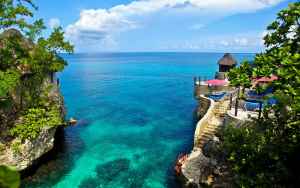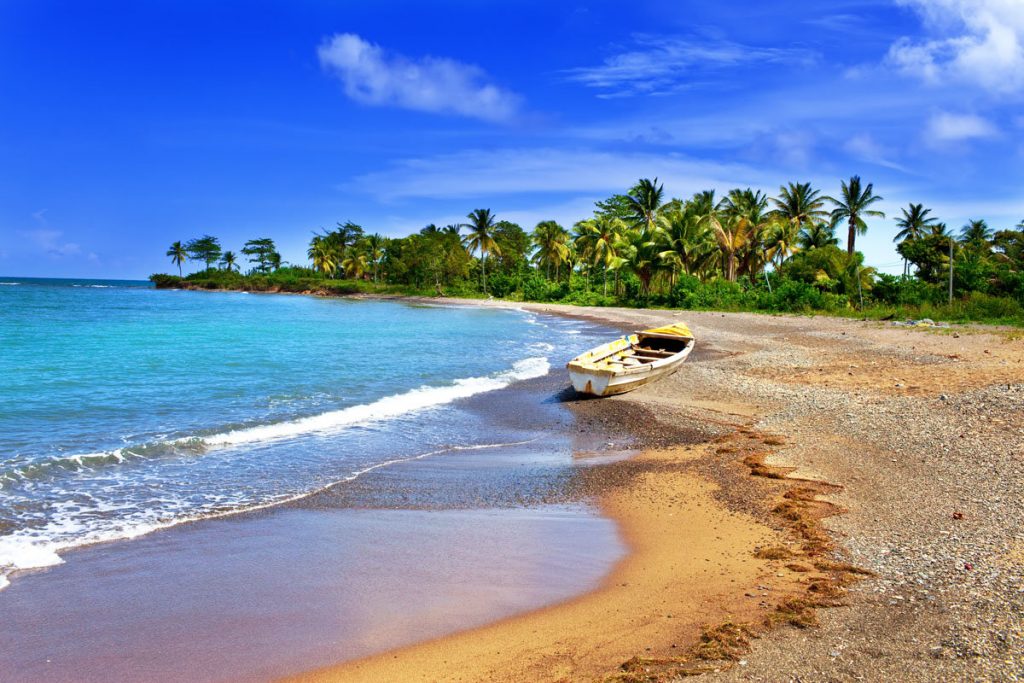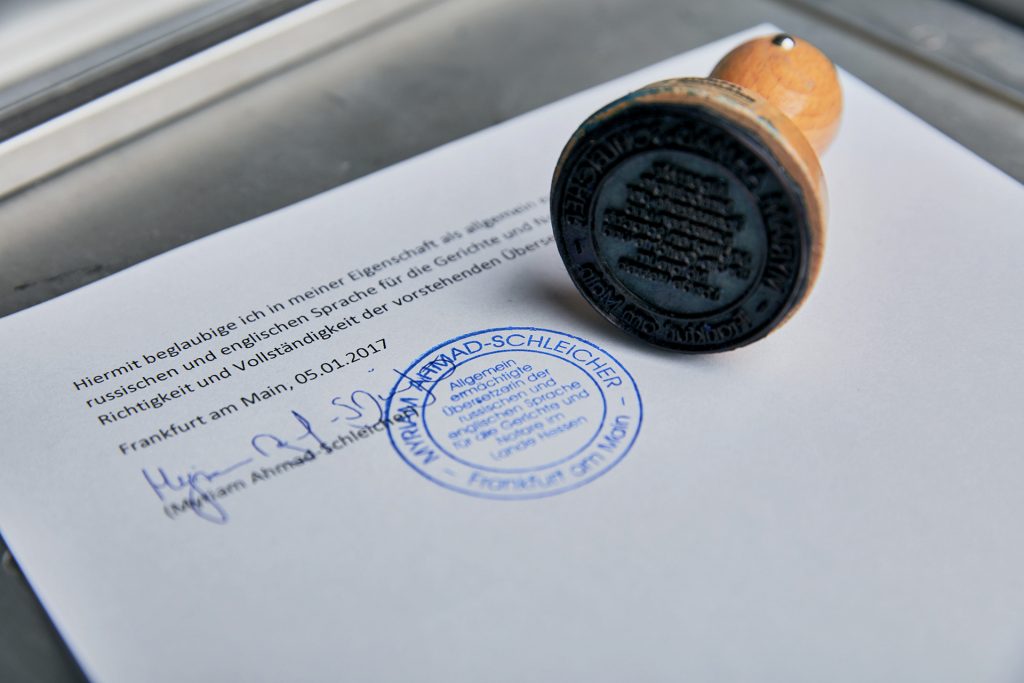Some Jamaicans do not approve of this project and japanese translator – they consider patois an obscure dialect that can violate the sanctity of Scripture. Others see translation as a means of strengthening their cultural heritage. As the controversy continues, a religious group based in the Caribbean is seeking translators for the million-dollar project. Religious leaders argue that an audio version of the Bible in the local language will make it available to the general public and those who simply cannot read it.
The translation will take 12 years, says Rev. Courtney Stewart, project leader and general secretary of the West Indies Bible Society. He is also promoting this idea in other international Bible societies to raise funds for the project and hopes that the translators will begin work in early July. “The effect of translating Scripture into the local language of any country is immediate,” says Stewart.
Jamaicans call the Patoa language a creolized language formed after the British conquered the island in 1655, who brought slaves from West Africa with them. Historically, this language was considered a kind of broken English and a sign of the “low status” of its native speaker. This continued long after Jamaica gained independence in 1962, explains Hubert Devonish, professor of linguistics at Kingston College at the University of the West Indies. According to him, almost all Jamaicans know patois, but only recently have representatives of the middle class and high society begun to express themselves in it in public.
“The national identity of Jamaicans is growing stronger and stronger,” says Devonish. – Little by little, the local language began to gain recognition. It is a long process, and translating the Bible is another step. ” Ronald Dixon, a 47-year-old member of the Seventh-day Adventist Church, welcomes the idea. “We have to try to do this,” Dixon said. “The Lord does not recognize discrimination.” Disputes over the transfer have spilled over into the island and have also erupted in Jamaican communities in the United States. Jamaicans living in other countries are particularly supportive of the creation of the Patois Bible, as it allows them to be proud of their origins, explains Clive Forrester, a linguist at the University of the West Indies.
“Using their creolized language is one way for them to keep in touch with each other, because language is the most powerful communication tool,” says Forrester. This is the language that 28-year-old Anton Wilson intends to teach his children. He was taken away from Jamaica at the age of 7, but it is still easier for him to express his thoughts on patois. Wilson approves of the project, but does not want to discuss it with his relatives in order to avoid confrontation. His family, living in Jamaica, belongs to high society. “It’s hard to change deeply ingrained beliefs,” admits Wilson, who now lives in Lawrenceville, Georgia. “We still hate ourselves for speaking our own language.”
Other Jamaicans, such as 30-year-old Kevin Sangster, argue that patois is an obscure dialect that does not deserve to be the subject of such an expensive project. According to Sangster, the meaning of the Bible scripture can be distorted, as this dialect does not have the status of a recognized language. “Lots of mistakes can be made, and the translation may not reflect the true meaning of Scripture at all,” says Sangster, a New Jersey resident who left Jamaica in 1994. Carl Johnson, President of the Church Council of Jamaica, is convinced that everything is good that helps people understand the Word of God. There is nothing wrong with the Bible being translated into someone’s native language.
Holiness is not how the Bible is written, he says, but the message it contains. The Bible has already been translated into other dialects, including Creolized Haitian and the hum dialect, spoken primarily by African Americans on islands near South Carolina and Georgia. And hundreds of other languages, including Tagalog, the Ghanaian language ha (Gan), and the Mikmak language of the Eastern Canadian Indians. Translating the Bible into creolized Jamaican does not mean a revival of the patois, Devonish says. “I would call it birth,” he says. “This is more of a birth than a rebirth of this language.”



